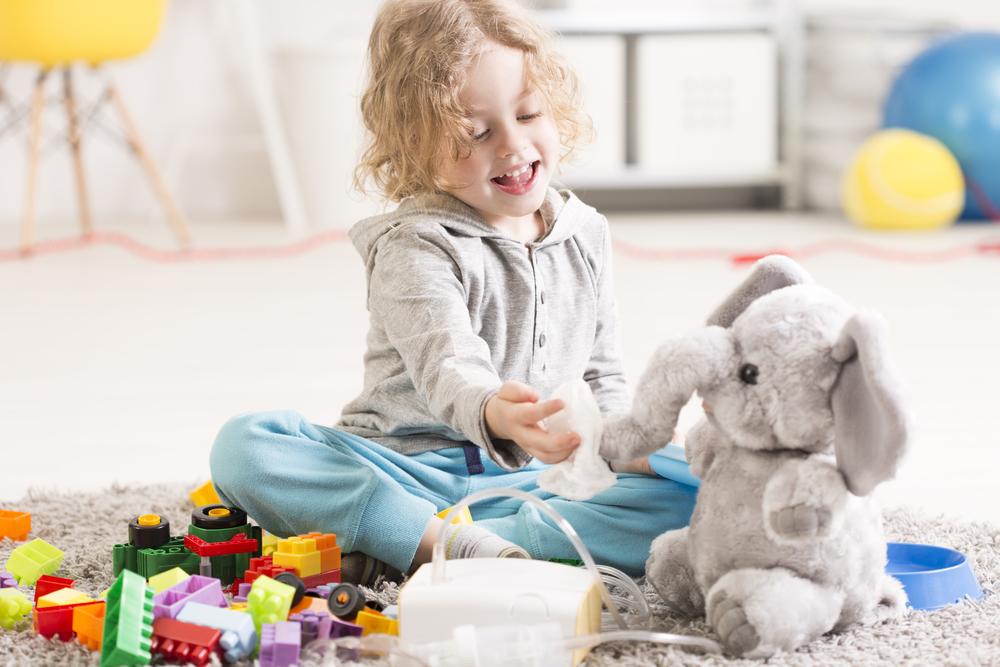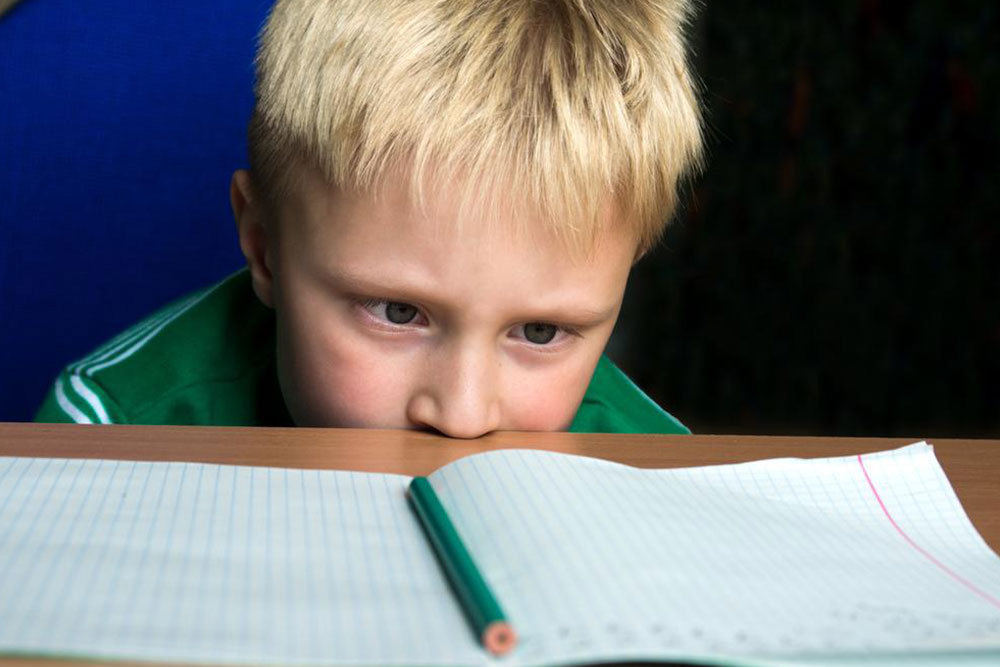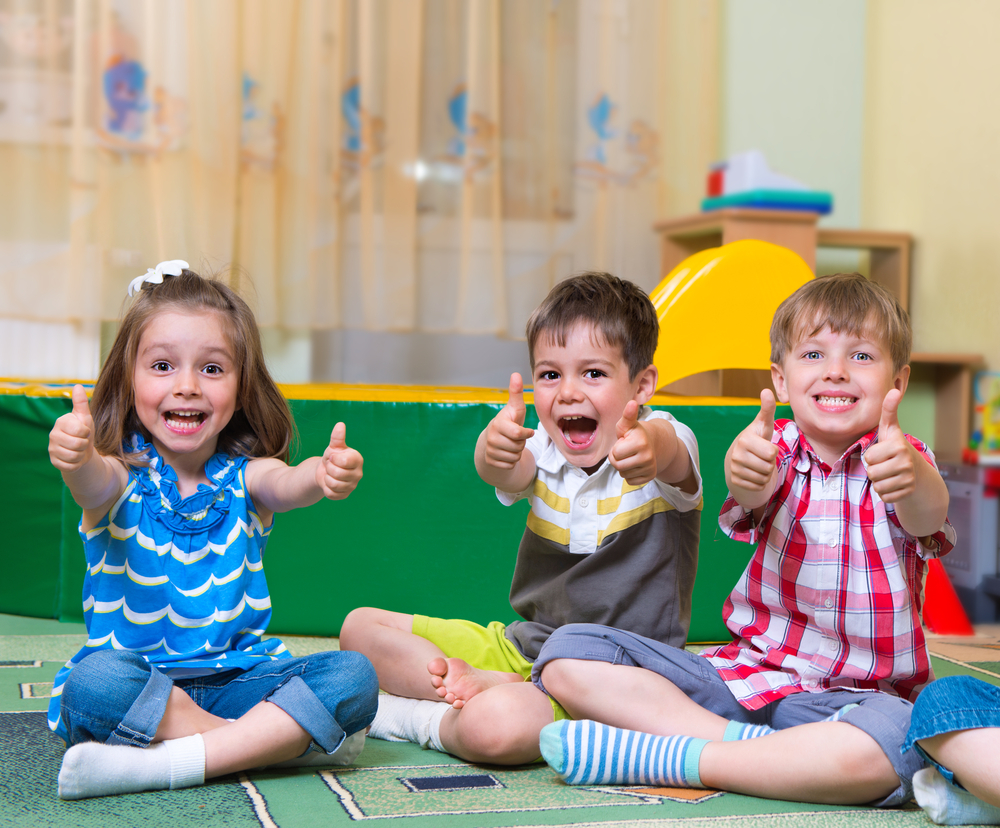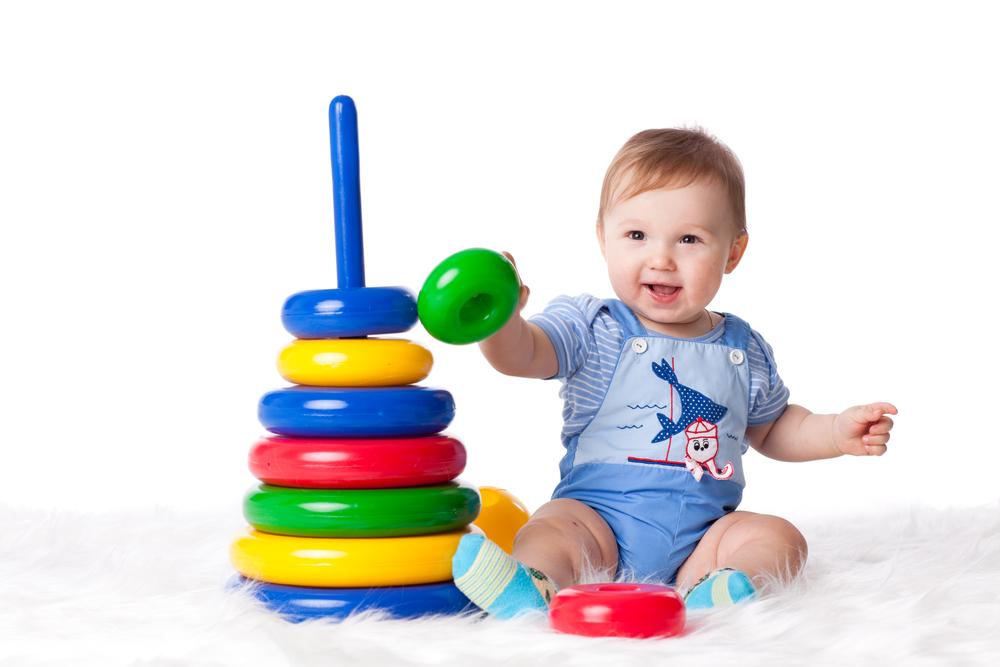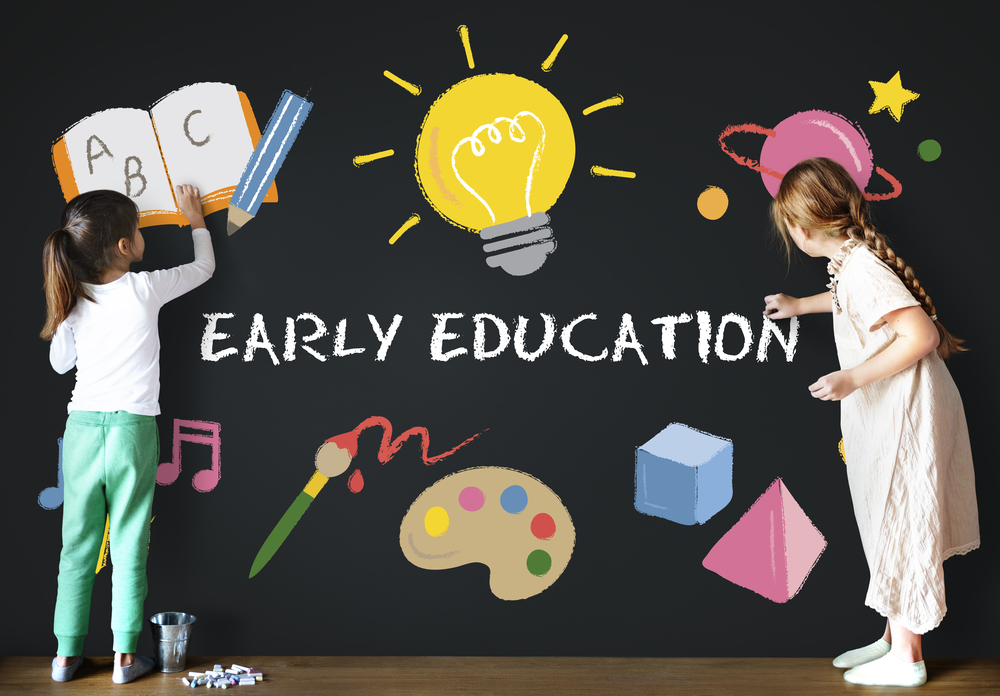Guide to Choosing the Right Toys for Your Child
Discover how to select the perfect toys for children of all ages, from infants to early school years. This guide highlights developmental needs and interests, ensuring safe, engaging, and educational playtime. Learn which toys support growth, imagination, social skills, and physical activity at each stage, helping parents make well-informed choices for their child's development.
Sponsored

Guide to Selecting Appropriate Toys for Different Age Groups
Reflecting on childhood favorites, from plush monkeys to small cars, everyone recalls a special toy. With today's extensive variety of children's toys, selection can be overwhelming. Toys are often sorted by age, gender, and interests. Here's a helpful overview to assist in choosing suitable toys based on a child's developmental stage and age.
Infants up to 6 months: Toys should stimulate senses and aid development. Brightly colored toys with sounds are highly engaging for newborns, helping improve sight and hearing. As they start grasping, choose teething toys without small parts and avoid sharp edges or long cords to prevent safety hazards.
6 months to 1 year: At this stage, babies can sit independently and are developing motor skills. Toys like stacking blocks or those that can be inserted and removed support their growth. As they begin to crawl and walk, introduce moving toys that encourage mobility and exploration.
1 to 2 years: This curious age encourages exploration. Toys such as wagons, small slides, or ride-on vehicles captivate their interest and promote movement. Simple puzzles and non-toxic art supplies also foster motor and cognitive development.
2 to 3 years: Imagination blossoms during this period. Toys like building blocks, puppets, and art sets nurture creativity and hand-eye coordination. Active toys such as tricycles and small playhouses help expend energy and develop social skills.
3 to 6 years: Children become more social, enjoying group play. Arts, crafts, costumes, and role-playing props stimulate creativity and social interaction. Educational games like matching puzzles enhance vocabulary and cognitive skills.
6 to 9 years: This age group enjoys strategic thinking, often engaging with board games and tabletop sports. DIY kits for arts, crafts, science experiments, or magic tricks promote learning. Outdoor sports are also encouraged to foster physical activity.

